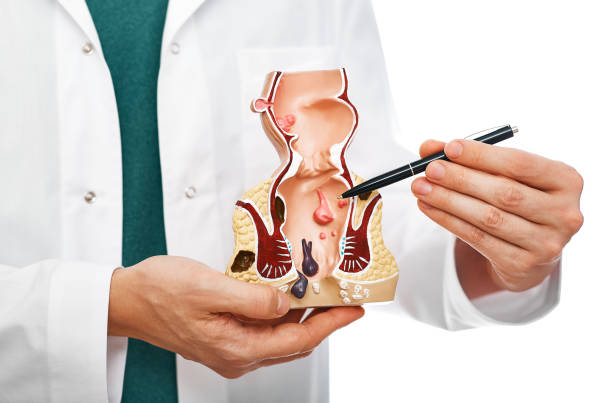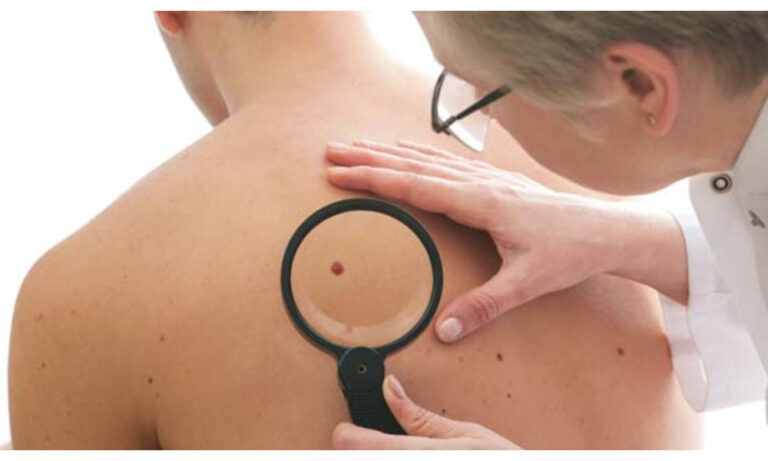
Proctology, also known as coloproctology, is the branch of medicine dedicated to studying the large intestine, anus, and rectum pathologies. Proctologists examine the patient’s conditions to reach a diagnosis and prescribe the treatment that will restore quality of life to the individual.
Previously known only as proctology, the specialty gained coloproctology when it became responsible for treating the diseases that affected the anus and rectum and the large intestine (colon).
Proctology takes care of conditions as diverse as Crohn’s Disease, hemorrhoids, anal fissures, rectal prolapse, constant constipation, anal incontinence, benign or malignant tumors, diverticulitis, and pilonidal disease.
Proctology also deals with the different types of cancer that can plague the bowel. In these cases, physicians ally a medical board, relying on the expertise of oncologists to prescribe the ideal treatment for the patient’s total recovery.
To diagnose the conditions, some proctology tests are colonoscopy and anorectal manometry using the proctology equipment. Through the exams, it is possible to define the diagnosis and the most assertive conduct for the treatment, whether clinical or surgical. Among the main exams performed in the specialty are:
- A physical examination of the perineum (digital rectal examination).
- Colonoscopy.
- Ultrasonography and lower digestive endoscopy.
- Rectosigmoidoscopy And Anoscopy.
A person should go to a doctor who specializes in proctology when they notice the presence of blood in the stool, have prolonged changes in the rhythm and functioning of the intestine, experience anal pain, or detect the presence of lumps and nodules not only in the region but also in the lower part of the intestine and abdomen too.
Often, the patient who schedules an appointment with the proctologist is recommended by a doctor from another specialty, such as internal medicine.
A Coloproctologist Or Proctologist
A coloproctologist specializes in surgical and non-surgical treatments for diseases of the small intestine, large intestine, rectum, and anus. He has advanced training in bowel problems as well as being trained in the specialty of general surgery. Coloproctology is the specialty exercised by the coloproctologist.
The coloproctologist is the most indicated doctor to guide constipation, anal sex, bowel movement disorders, bowel cancer prevention, and prevention against sexually transmitted diseases and offer the best indications for prevention and treatments in the subjects as mentioned earlier.
The coloproctologist treats diseases such as hemorrhoids, anal fissures, perianal abscesses, perianal fistulas, post-surgical lesions of the anus, sexually transmitted infections, rectal prolapse, constipation, anal incontinence, benign and malignant tumors of the large intestine, small intestine and rectum, diverticular disease of the bowel, specific and nonspecific inflammatory bowel diseases such as nonspecific ulcerative colitis and Crohn’s disease and pilonidal disease.




